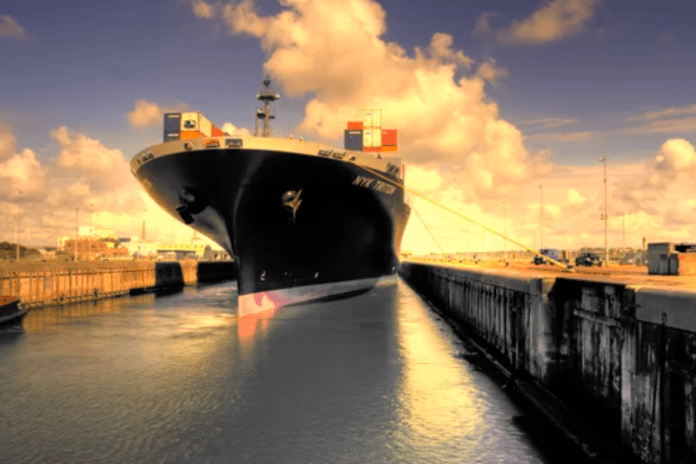The maritime technology company specialising in bunker supply chain insights, marine fuel risk management and decarbonisation tracking, FuelTrust has conducted a survey revealing that different batches of the same grade of marine fuel can have radically different degrees of energy intensity.
To accomplish this research, FuelTrust used its Artificial Intelligence-powered Digital Chemist, which simulates combustion on a molecular level to identify differences in fuel properties such as fuel quality, energy, and emissions profiles.
The maritime technology company analysed 14 million barrels of very low sulphur fuel oil (VLSFO) across 28 batches and found that the energy density of a bunker fuel’s different batches can vary by up to 3%.
This means that customers can have the opportunity to pick up 3% British thermal unit (Btu) of extra energy, while reaping thousands of dollars in cost savings when purchasing bunkers, according to the Houston-based company.
For a fully laden Panamax container ship, for instance, this could equate to a 50 metric tonne saving of fuel on a voyage from the Canadian port of Vancouver to Portsmouth in the United Kingdom, or the equivalent of up to 754 km (469 nautical miles) of additional sailing distance.
As zero-carbon fuels are less energy-dense than currently used fuels, vessels will need to carry more fuel to continue to operate in the same way.
“Energy intensity matters. We’re about to see fuels come through with much a lower energy density than we’re used to,” noted Jonathan Arneault, CEO of FuelTrust.
FuelTrust’s investigation also indicated that differences in energy intensity will be matched by differences in emissions, which could also have a financial impact in light of the proposed introduction of carbon taxes and emissions trading schemes.
“If we see the same batch-to-batch variation in zero-carbon fuels as we do today with conventional fuels, that will be a real issue. Fuel buyers will need to start thinking more in terms of energy, and less in terms of volume,” warned Dr. Ram Vis, founder and director at the Viswa Group and advisor to FuelTrust.







